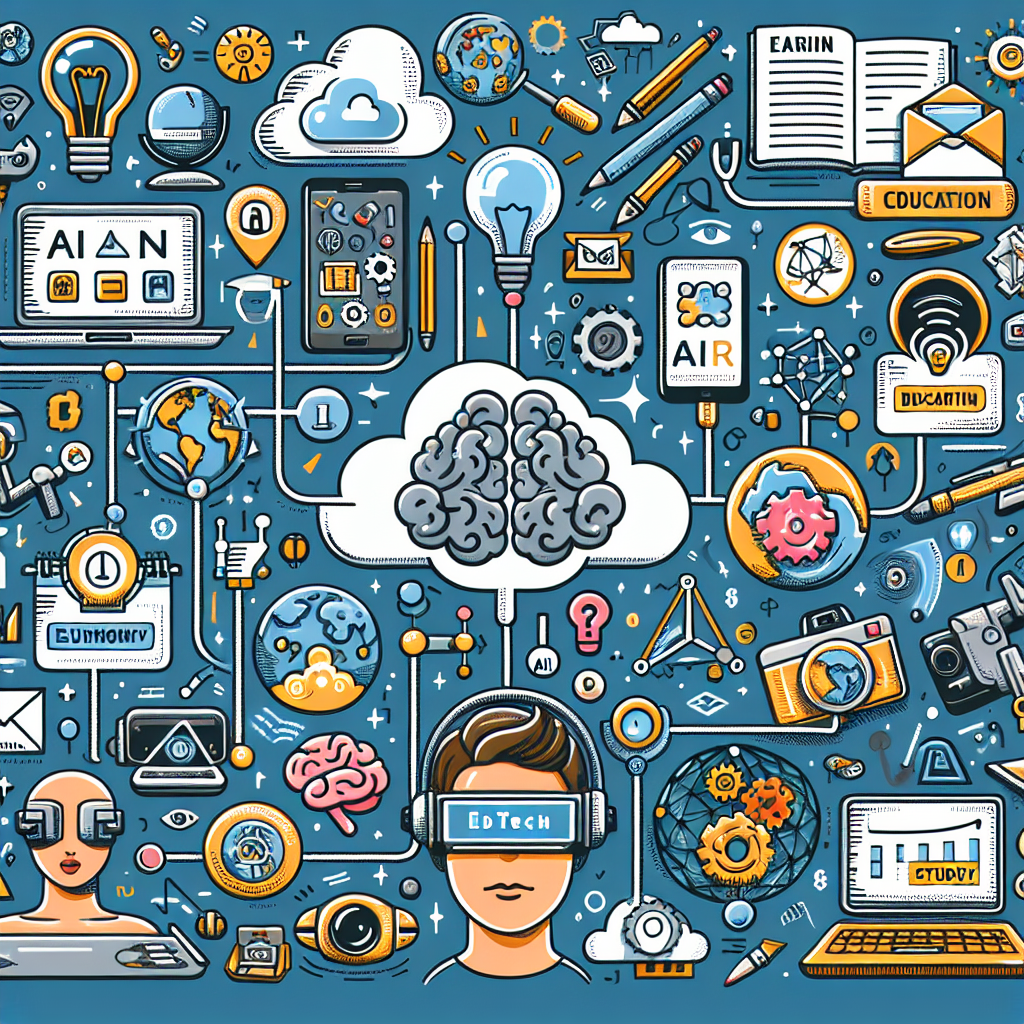AI Transforms Education in Weekly EdTech Highlights
Back in 1924, Sidney Pressey unveiled the world’s first “teaching machine,” sparking a wave of innovation that aimed to use technology to enhance learning. Fast-forward a century, and we’re witnessing a transformation that even Pressey could never have imagined. From AI-assisted tutoring to nationwide strategies for digital equity, this week’s EdTech Innovation Hub highlights show how AI transforms education at every level, making learning more personalized, accessible, and engaging than ever before.
Senegal Launches an Ambitious EdTech Strategy
Senegal is setting a new benchmark in West Africa by officially launching its first national EdTech strategy. The initiative focuses on improving digital learning infrastructure, creating local online content, and expanding educator capacity. More than a technology upgrade, this is a nation-wide commitment to building resilience and equity in the education sector through AI and digital tools. It marks a significant milestone for Francophone West Africa where digital education is gaining momentum.
AI Enters the Classroom in Côte d’Ivoire
Côte d’Ivoire celebrated a landmark event with the official launch of EDULabs. These are experimental learning spaces, powered by AI and designed in partnership with the Ministry of Education, that offer teachers hands-on experience with emerging technologies. As the AI revolution continues to disrupt traditional teaching models, EDULabs serve as vital spaces for educators to adapt and innovate. Early feedback from these pilots shows improved student engagement and teacher satisfaction.
Cross-Border Collaboration in Uganda and Nigeria
AI-powered educational reform isn’t confined to national borders. Stakeholders from Uganda, Nigeria, and other African nations convened to share insights and align efforts on using EdTech and AI to close learning gaps and improve refugee education. Hosted at an Education Innovation Week in Kampala, the event emphasized the importance of partnerships and local capacity-building when implementing AI tools. Discussions also tackled the ethical implementation of AI in diverse educational contexts.
EdTech for Refugee Learners Gets a Boost
In Mali and Uganda, education for refugee learners is gaining traction. Both countries are applying AI solutions and digital platforms to reach marginalized learners. In particular, innovative platforms are enabling asynchronous learning opportunities for young refugees, addressing issues like language barriers, mobility, and trauma-informed learning support.
New Research on EdTech Effectiveness
This week’s round-up also includes new studies questioning what really works in EdTech. From low-tech interventions like SMS reminders to advanced AI support systems, researchers are analyzing cost-effectiveness and impact to help policymakers make evidence-based decisions. Early findings suggest that success lies not in the tools themselves, but in how they are integrated into wider educational strategies.
Looking Ahead
The spotlight on AI in this week’s stories underscores a powerful, unignorable truth: AI transforms education most effectively when it’s aligned with local needs, cultures, and capacities. Whether it’s Senegal’s strategic plan or Côte d’Ivoire’s experimental labs, these initiatives remind us that innovation is about people first, technology second. As countries collaborate and experiment with AI in education, the global learning landscape continues to shift toward a more inclusive and adaptive future.
For more details on these developments, see the original coverage from the EdTech Innovation Hub.

